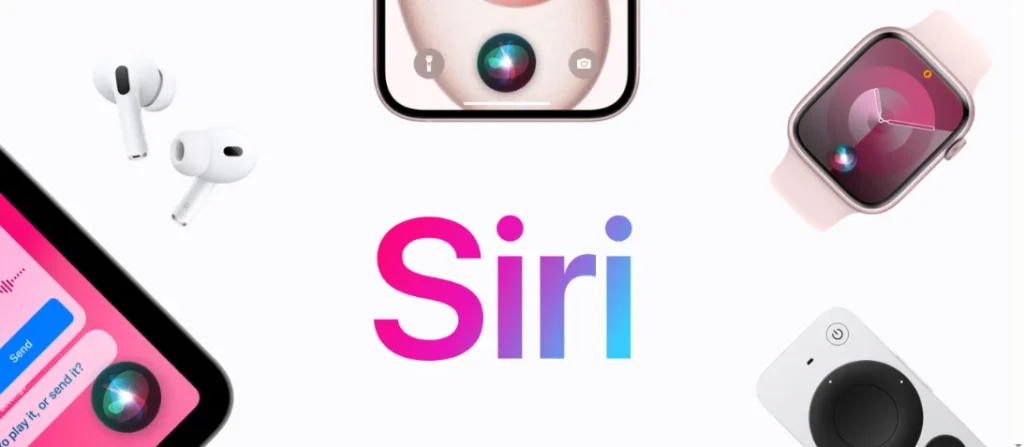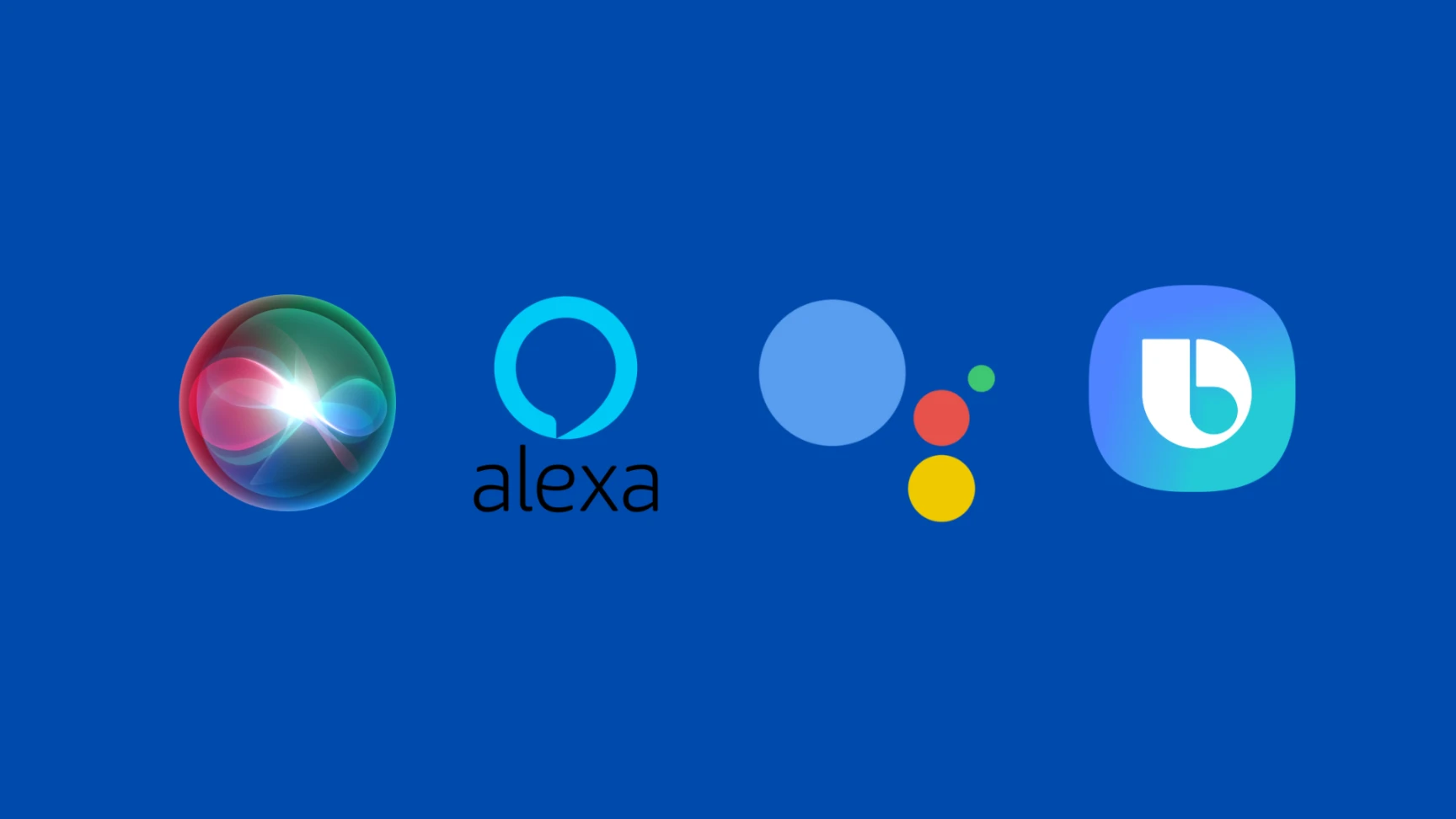Mobile virtual assistants have come a long way since their early days as basic voice-command tools. In 2025, these digital companions are smarter, more responsive, and more integrated into our everyday lives than ever before. Whether you’re scheduling meetings, controlling smart home devices, or just asking for a weather update, mobile virtual assistants can streamline your daily tasks. But with so many options available, how do you know which one is right for you?
In this in-depth comparison, we’ll take a close look at the top mobile virtual assistants of 2025, including Siri, Google Assistant, Amazon Alexa, Samsung Bixby, and a few promising AI-based third-party apps, to help you decide which one fits your needs best.
Quick Navigation ↓
My Experience With Virtual Assistants
As someone who relies heavily on productivity tools to manage both work and life, I’ve experimented with nearly every virtual assistant out there. I’ve dictated emails using Siri on my iPhone, navigated cities with Google Assistant, and even used Alexa to control lights while cooking dinner. My experience taught me that each assistant has its strengths and weaknesses, depending on the context.
1. Google Assistant

Best for: Search Accuracy and Android Users
Pros:
- Seamless integration with Google services (Gmail, Calendar, Maps)
- Extremely accurate voice recognition
- Fast response time
- Excellent context awareness for follow-up questions
Cons:
- Privacy concerns due to data collection
- Not as deeply integrated on iOS
Google Assistant remains the top choice for Android users. Its natural language processing capabilities are second to none. Whether you’re asking for the latest news, booking a flight, or managing your schedule, Google Assistant delivers fast and context-aware results.
In 2025, the assistant now supports more advanced smart home routines and can even handle multi-language requests in a single conversation.
2. Siri (Apple)

Best for: Apple Ecosystem and Privacy-Focused Users
Pros:
- Deep integration with iOS, iPadOS, watchOS, and macOS
- Improved on-device processing for better privacy
- Works offline for basic commands
- Shortcuts app integration for custom routines
Cons:
- Limited third-party app integration
- Can struggle with complex queries
Siri has matured significantly. In 2025, Apple focused heavily on privacy and on-device intelligence. Siri is now faster and more accurate, thanks to machine learning that doesn’t rely solely on the cloud.
If you’re an Apple loyalist with a suite of Apple devices, Siri is more useful than ever. Tasks like sending messages, opening apps, and setting reminders work seamlessly across all Apple platforms.
3. Amazon Alexa (Mobile App)
Best for: Smart Home Control and Alexa Ecosystem
Pros:
- Best-in-class smart home integration
- Large library of Alexa Skills
- Works with a wide range of smart devices
- Can be customized with routines and voice profiles
Cons:
- Mobile app is not as tightly integrated into Android/iOS
- Requires setup for optimal performance
Although Alexa is best known for its smart speakers, the mobile version has evolved. In 2025, Alexa’s mobile app is more powerful, allowing you to create complex smart home routines and even use location-based automations.
However, if you’re not already invested in the Alexa ecosystem, it might feel a bit disjointed on mobile compared to Siri or Google Assistant.
4. Samsung Bixby

Best for: Samsung Device Owners and In-Device Controls
Pros:
- Deep integration with Samsung apps and settings
- Supports Bixby Routines for automation
- Can control device settings via voice (e.g., change brightness, take screenshots)
Cons:
- Limited third-party app support
- Still trails behind in natural language understanding
Samsung continues to improve Bixby, and in 2025, it’s more competent than ever. It shines in controlling your phone, such as adjusting settings or launching apps, but still lags behind Google Assistant in handling broader tasks or complex queries.
If you’re using a Samsung Galaxy device, Bixby is a useful complement, especially for voice-activated phone controls.
5. AI-Based Third-Party Assistants (e.g., ChatGPT Apps, Replika, Hound)
Best for: Conversational AI and Niche Use-Cases
Pros:
- Extremely conversational and intelligent (ChatGPT-style responses)
- Can handle complex or creative queries
- Often customizable with plugins or add-ons
Cons:
- Limited OS-level integration
- May require internet connection for most tasks
Apps powered by advanced AI, like ChatGPT or Hound, offer a different experience altogether. They are less about controlling your phone and more about having rich, helpful, and nuanced conversations.
As of 2025, many users use these apps to brainstorm, learn, or create content, rather than to manage calendars or send texts. Some even use them for emotional support, thanks to their human-like responses.
Key Features Comparison Table
| Feature | Google Assistant | Siri | Alexa | Bixby | ChatGPT/Third-Party |
|---|---|---|---|---|---|
| OS Integration | Android/iOS (limited) | iOS/macOS | Android/iOS | Samsung only | Limited |
| Smart Home Control | Excellent | Good | Excellent | Moderate | Limited |
| Voice Recognition | Excellent | Good | Good | Fair | Excellent |
| Customization | High | Medium | High | Medium | Very High |
| Privacy | Moderate | High | Moderate | Moderate | Varies |
| Offline Mode | Limited | Yes (basic tasks) | No | Some | No |
Final Thoughts: Which One Is Right for You?
Choosing the right mobile virtual assistant in 2025 depends on your lifestyle, device ecosystem, and personal preferences:
- If you’re an Android power user, go with Google Assistant.
- If you’re deeply invested in Apple devices and privacy, Siri is your best bet.
- For smart home lovers, Alexa is a powerhouse.
- If you use a Samsung phone, Bixby offers unique voice control features.
- If you’re into creative tasks, learning, or conversation, check out ChatGPT-style apps.
Ultimately, the best virtual assistant is the one that seamlessly fits into your daily routine. In my case, I use Google Assistant for most tasks but switch to ChatGPT when I need help writing or brainstorming ideas. It’s all about mixing and matching what works for you.
Let us know in the comments: Which virtual assistant do you use, and what do you love (or hate) about it?








